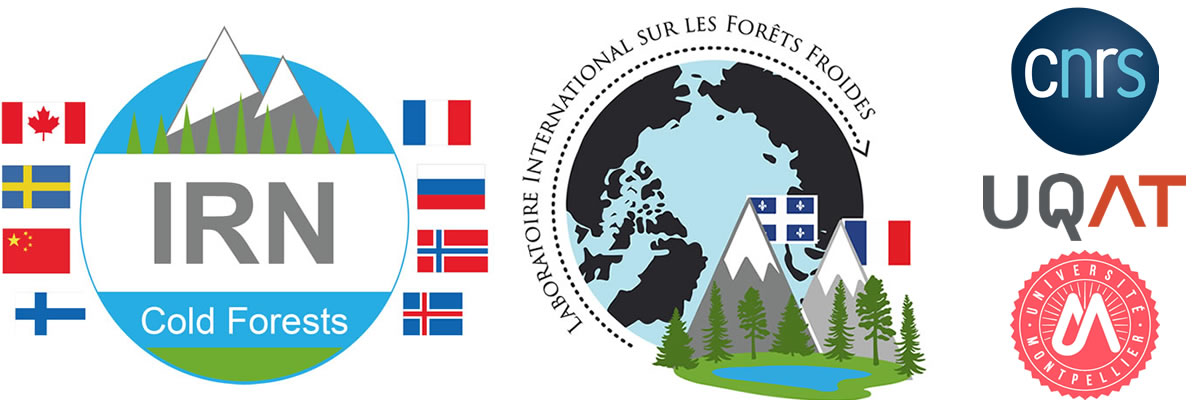Bio
Milva Druguet Dayras
Professional adress :
University of Bourgogne Franche-Comté (UBFC)
E-mail : mi*****************@***il.com
Phone : +33634996984
Academic background
- 2021-2024: PhD in Paleoecology – Combining paleoecology and sedimentary DNA to better understand natural disturbance regimes in boreal forests, co-supervised by University of Bourgogne Franche-Comté (UBFC) and University of Québec in Abitibi-Témiscamingue (UQAT)
- 2019-2021 : Master’s degree in Environmental Science, Specialty EcoSystemes: Functional ecology and conceptualization of aquatic and terrestrial ecosystems, University of Montpellier.
- 2016-2019 : Bachelor’s degree in Biology and Ecology in University Paul Sabatier, Toulouse, France.
Professional experience
- August – October 2021 : Assistant engineer in data processing and cartography at INRAE (National Research Institute for Agriculture, Food and the Environment), Clermont-Ferrand France.
- January-June 2021 : 5 months paleoecology internship in ISEM (Science Evolution Institute of Montpellier, France) and Chrono-Environnement (Besançon, France) laboratories – Fire regime reconstruction of Lake Billy, south-western of Labrador (Canada).
- March-June 2020 : 3 months paleoecology internship in ISEM (Science Evolution Institute of Montpellier, France) and Chrono-Environnement (Besançon, France) laboratories – Bibliography Synthesis : Fire regime in Labrador and methods of reconstruction of paleofires.
- May-July 2019 : 2 months ecology internship in ECOLAB laboratory (Functional Ecology and Environment Ecology), Toulouse (France) – Spatial and temporal dissimilarity in testate amoeba communities in peatlands of northern hemisphere.
- January-June 2018 : 6 months paleoecology tutored project in ECOLAB laboratory (Functional Ecology and Environment Ecology), Toulouse (France) – Effect of deep water table on plant communities in 8 peatlands of Poland.
Area of expertise
Current themes : Combining paleoecology and sedimentary DNA to better understand natural disturbance regimes in boreal forests, Québec (Canada).
Key words : disturbance ecology, insect outbreaks, wildfire, spruce budworm, paleoecology, sedimentary DNA

